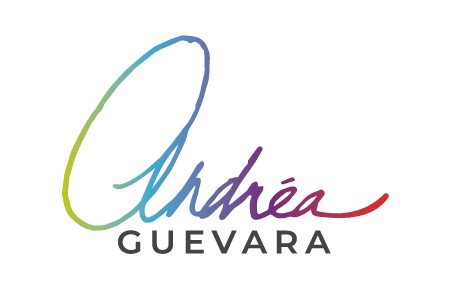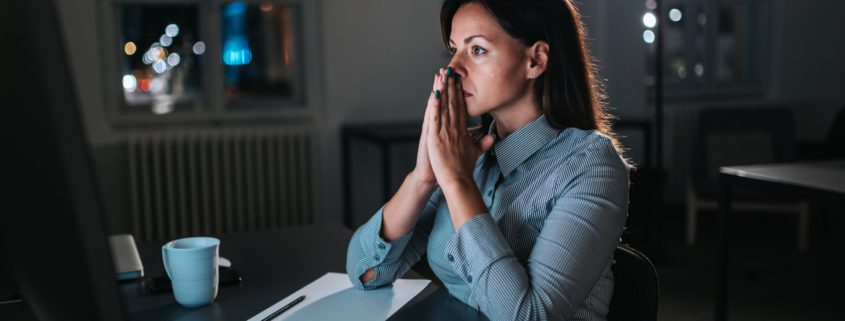Using Crisis as an Opportunity to Regroup
As trite as this is going to sound, I have to say it:
Every crisis is an opportunity. To rethink. To assess. To Regroup. To change.
As this pandemic unfolds, we have seen the inequities and broken systems of government, society, and even community, surface with glaring clarity. Never before have the disparities of our society been so stark. Everyone is GOING THROUGH IT, at various levels. And it’s hard for everyone. But there is hope.
Crisis has the ability to give us a wakeup call like nothing else can. And when it happens on a global scale, whew, what does that mean? I think it means an opportunity like none we’ve seen in our lifetimes.
How many times have we heard stories about people who shifted the entire course of their life after a traumatic crisis? There’s nothing like pain to shake us back into remembering what’s most important.
When faced with a massive personal crisis, I see a handful of primary ways we humans react:
-
Internalize it.
We berate ourselves for not doing a good enough job dealing with it. Beat ourselves up for being fearful, lazy, unprepared, whatever. How could we not see this coming? We get on that negative feedback loop where we are constantly trying to make sense of why we aren’t handling this with superhuman ability. This mindset is damaging to say the least. It doesn’t help. But we all do it at some point.
-
Shutdown.
If you haven’t been through a major personal crisis before, you may not be as familiar with this one. But if you have, you know. Sometimes we shut down and close ourselves off in order to survive. I’ve done it. It’s an old protection mechanism. But it also causes a lot of damage. In fact, maybe more than internalizing it. When we go numb, we disconnect from our humanity. And it’s hard to get back to ourselves. But it is possible. Never fear.
-
Deflect or Distract.
Maybe we just use anger as our deflection tool. And with Trump on TV suggesting that we should test folks by injecting them with disinfectant, it’s easy to do. Or maybe we’re so busy helping others that we have no time for ourselves. Maybe we’re drinking too much, maybe we’re making excuses for ourselves. Maybe we’re obsessed with redesigning our living rooms. (Hey, I’m looking at myself here too. I do some of this. Not gonna lie.)
-
Learn & Grow.
Another way that can sometimes look like isolating or shutting down to people on the outside, is to go deep within yourself. Sometimes we’re capable of this during times of distress. Sometimes we are not. And either is OK! The last thing we need is to judge someone for not growing personally during this time. Fuck that. I know what it’s like to barely be able to function in crisis mode and I also know what it’s like to grow. There’s no “right answer” here. There’s just humanity.
But here’s the thing: Humanity is on the ropes right now. And when humanity is on the ropes, I don’t know about you, but I want to look to those who’ve been through hell and survived, to guide me. Theirs are the opinions I want to hear most.
But here’s the other thing—I think Americans like to super-size our heroes. I think we have this obsession with only listening to the most extreme heroes and not as much the single mom next door. We’re most interested in the extreme cases because I think—and oh shit I’m going to say it—we look at them and think, well yeah, they can do that because they are extraordinary. We glean our little tidbit from their story, but rarely does it lead to massive change in our own lives. They are special. We are not. If we knew the hell our neighbor has survived we might feel inferior.
Well, here we are…as a planet trying to stay true to what’s most important. Trying to protect life and rights and everything we’ve ever known. I’ve been privileged in this time to be safe. I’ve also been privileged to know firsthand what it’s like to be on lockdown in a big city, and also a more suburban, rural one.
The biggest difference? You can feel it in the air. There’s a collective heaviness that’s markedly more profound in higher populated areas. Not to get all woo-woo on you but y’all know we’re all connected. And it matters. This is a time to both protect our own psyches but also let in the pain of our communities.
Now is the time to look to ordinary heroes.
Collective grief can turn into collective hope which can turn into collective change.
So let’s look to our friends, family, and neighbors who have been through shit before. I’m guessing most of them are doing better than the majority of us mentally right now. They are our teachers. They will scratch at the places within us that have long been scabbed over to expose the vulnerable hearts we all have. The ones that call out to us to be the best versions of ourselves. To look at what we’re holding in our own two hands and see what we can offer our fellow humans.
Nothing else really matters, right? Except each other and our earth. So how do we turn things around, not just for ourselves on an individual level, but in our communities and our world? I don’t have the answers, but I do know where to start.
It must start with us. With you. With me. Healing our emotional injuries, being able to listen to those ideas and impulses that are calling to us now. You know the ones, the ones that are whispering, “please just try me” in your ear late at night or very early in the morning when no one else is up.
Where there is pain there is also hope. I promise. Think about childbirth, there is usually intense pain, but there is also intense hope of new life. I don’t want to use the tired old metaphor that we’re going through a rebirth. So I’ll just say this: what if the pain is the part that slaps us across the face and says “Wake up! Something so important is coming. This is your chance. Something better than you ever imagined is around the corner.”



